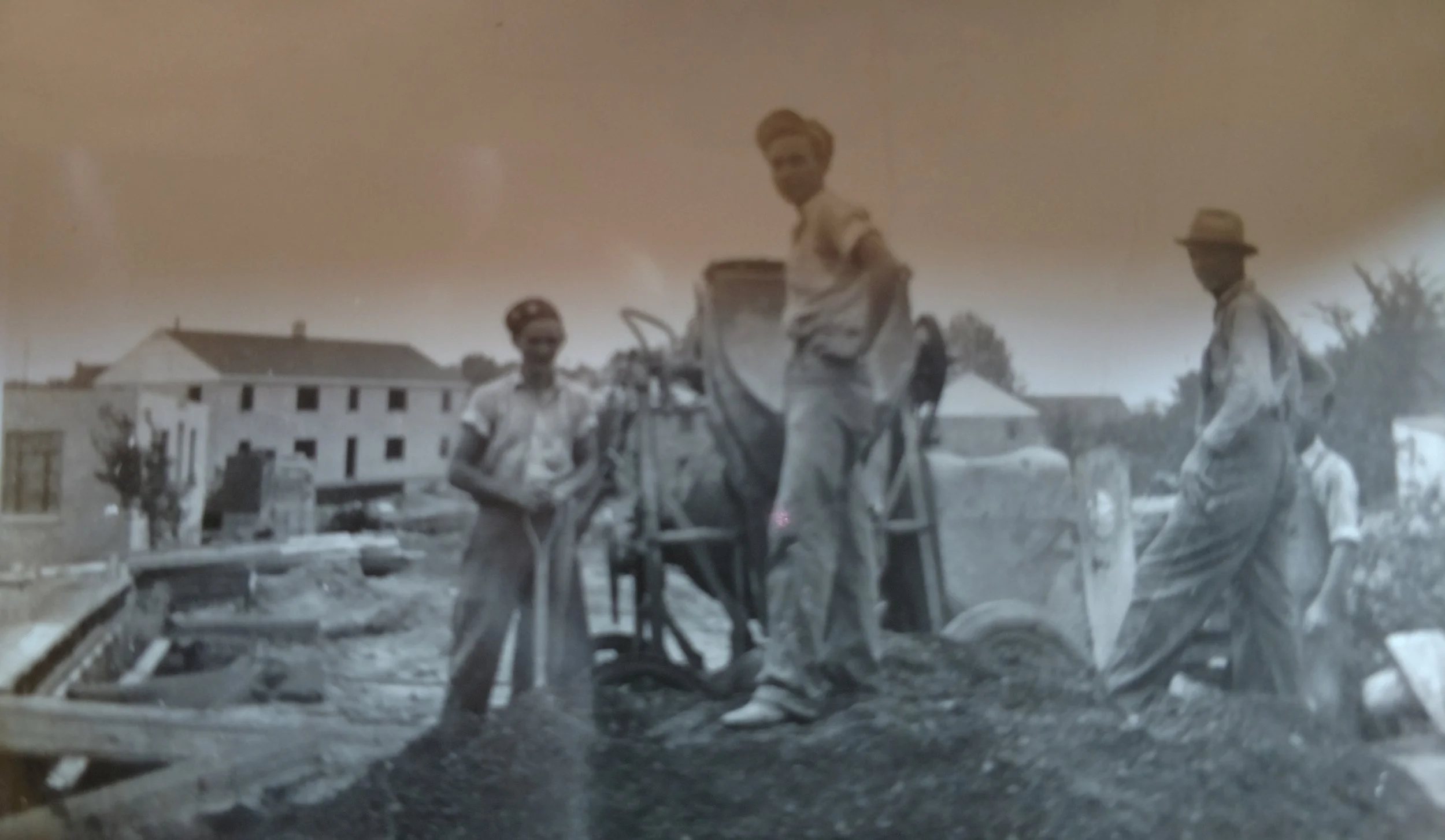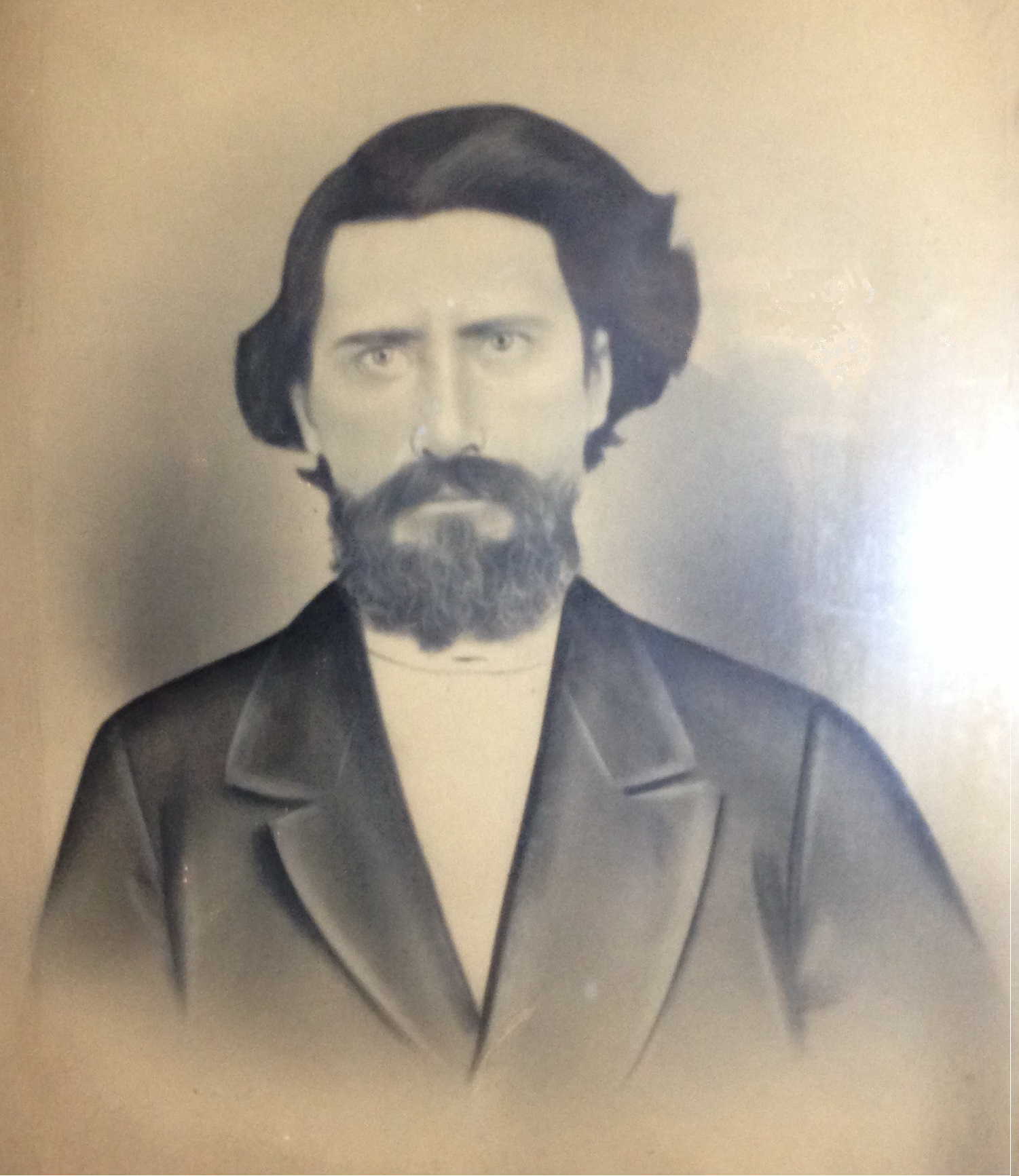A Jot and a Tittle
/A reader’s comment from last week’s article got me to thinking about a term I find myself using an awful lot – and remembering that my mother also says this and it used to really irk the young Beth who thought she knew so much more than her parents. (Aren’t you glad you never suffered from that delusion?)
Mama was always saying, “Let me jot that down.” And I told her a million times, “you’re writing it down.” After all, Tennessee’s public education system had told me that the proper verb was surely to write. Well now I find myself jotting down all kinds of notes and lists and I can’t wait to explain to my children that the vernacular of the mountains is absolutely as acceptable as the Queen’s English they’ll find in their textbooks!
The reader’s comment last week mentioned that jot and tittle actually come from The Bible (Matthew 5:18) and that she was fascinated by the number of words we use that come straight out of God’s Word. A few months ago I actually wrote on that subject here . And just like that reader, I’m still just as fascinated by the occurrence of these words in our everyday English. And it’s a very good exercise when a word we’re always saying drives us into The Bible to see where it came from – and if we’re using it the same way.
In the King James Version of The Bible, Matthew 5:18 says, “For verily I say unto you, Till heaven and earth pass, one jot or one tittle shall in no wise pass from the law, till all be fulfilled.” The English Standard Version translates jot and tittle as, “an iota…a dot” and the New American Standard Bible says “the smallest letter or stroke”.
We are certainly still using the same general meaning but we’ve changed it from a noun to a verb. And the phrase only appears in that one place in the King James translation with jot never appearing alone or as a verb. Of course, Jesus Christ never actually wrote any of His sermons or commandments – except in the dirt – and the Apostle Paul’s epistles were too long to just jot down, you have to write a long letter.










